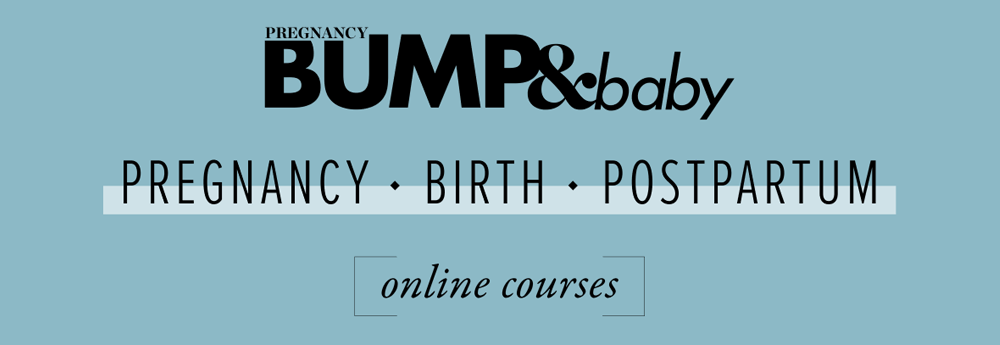
More than half — perhaps even up to 90% — of pregnant women experience nausea or vomiting to some degree, particularly in the morning.
Thrust into the limelight as a result of the Duchess of Cambridge’s hospitalisations, around 1% of pregnant women experience more severe, prolonged morning sickness called hyperemesis gravidarum, which can result in dehydration and weight loss, and may require medical attention. For most women, morning sickness goes away after 18 weeks.
The cause of morning sickness isn’t entirely clear. The most popular theory is that morning sickness is the body’s reaction to the increase in the pregnancy hormone, human chorionic gonadotropin (hCG). Studies have shown a temporal relationship between hCG and morning sickness, meaning that levels of hCG in the bloodstream and frequency of committing appear to peak at the same time. The correlation is interesting, but it doesn’t explain why morning sickness happens.
We do know that the first three months (the first trimester) is an important time in foetal development. The central nervous system forms during this time, and this delicate process is easily disrupted by toxins circulating in the mother’s bloodstream. A more recent theory suggests that vomiting during early pregnancy serves a beneficial function by ridding the body of food that may unsettle this important developmental stage.
Vomiting is controlled by an area in the hindbrain called the area postrema. Importantly, the area postrema lacks a blood-brain barrier, which means it can detect toxins in the bloodstream and cerebrospinal fluid. Research has shown that the area postrema has receptors for hCG, which may explain why it’s particularly sensitive during pregnancy. This “toxin theory” is supported by several pieces of evidence, including the fact that morning sickness is more common in societies with “risky foods”, that it only occurs in humans (we have very broad diets, after all), and that more severe morning sickness is associated with rates of miscarriage. Many women also naturally ten to be more “turned off” to eating meat, fish, and certain plants during this time.
Of course, these so-called toxins are really not toxic at all to healthy adult women, and the placenta does a superb job of filtering out waste and fighting infection. Rather, morning sickness is likely more associated with food prone to microorganisms in the times before refrigeration (like meats), or bitter vegetables, the taste of which signalled “poison” to our early human ancestors. It’s a sensitive system, and despite how crappy it makes pregnant women feel, morning sickness probably provides an evolutionary advantage for the baby’s development.
Image: Pinterest
BUMP&baby
BUMP & baby is New Zealand’s only magazine for pregnancy and early babyhood. Our team of mums and mums-to-be understand what it’s like to be pregnant in this connected age, and that’s why BUMP & Baby online is geared toward what pregnant women and new mums really want to know.
Other articles of interest
My midwife, the superhero
The other day I noticed that my midwife, whom I keep in touch with via social media, had taken one of those Facebook quizzes asking which movie character she was
Overdue! What can you do?
o your due date has come and gone. Is there anything you can do to bring on labour?







